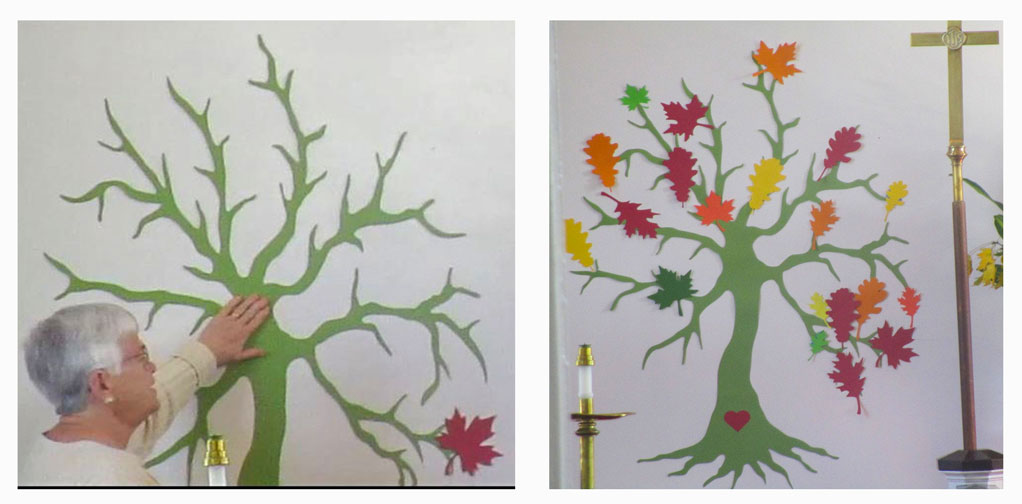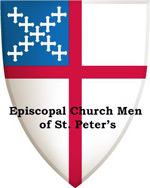
Reformation Day is a religious holiday celebrated on October 31, alongside All Hallows’ Eve, in remembrance of the Reformation, particularly by Lutheran and some Reformed church communities. It is a civic holiday in some German states.
It celebrates Martin Luther’s posting of the 95 theses on the church door at Wittenberg in Germany on Oct. 31, 1517. The event is seen as sparking the Protestant Reformation.
There are some questions of fact. The event was not publicized until 1546 by Philipp Melanchthon and no contemporaneous evidence exists for Luther’s posting of the theses. At the time, it was common for scholars to post their debate points on the door where people could read them. Copies of Luther’s theses and his fiery follow-up sermons were mass produced on a relatively new invention the printing press.
Luther’s movement began as a criticism of Catholic practices, not to split off from the Catholic church. Sinners could buy God’s forgiveness by purchasing an indulgence. Luther preferred justification by faith. He also wanted people to read the Bible in their own languages and not just in Latin
The Reformation led to the split from one Catholic church to Protestant ones. There are now nearly 45,000 Protestant denominations around the world, including mainline Protestants, Anglicans, Evangelicals, Pentecostals and more.
It has been seen as the most significant event in Western Christian history and mirror in which we measure ourselves today. Many of the differences that promoted the reformation have been solved – indulgences, justification by faith and having the Bible printed in multiple languages. Others such marriage of priests, same sex marriages are still divisive. Will they be able celebrate communion together ? That may take another reformation.
Here is an impromptu performance after the 11am service on Oct. 27, 2019 of part of Luther’s famous hymn. He wrote the words and composed the melody sometime between 1527 and 1529:


